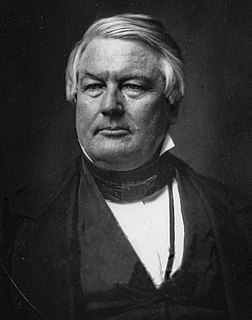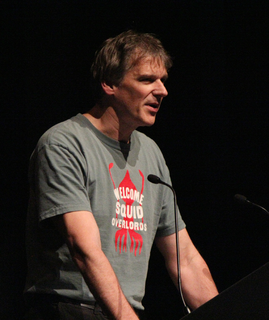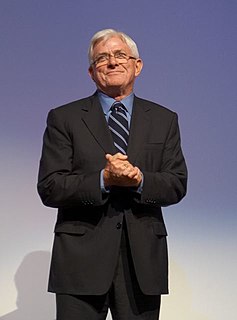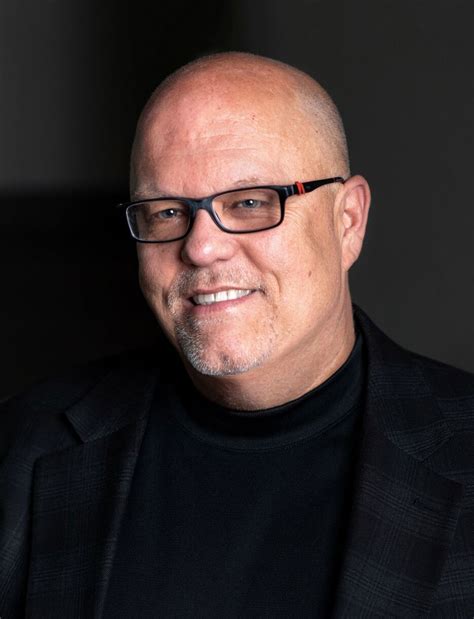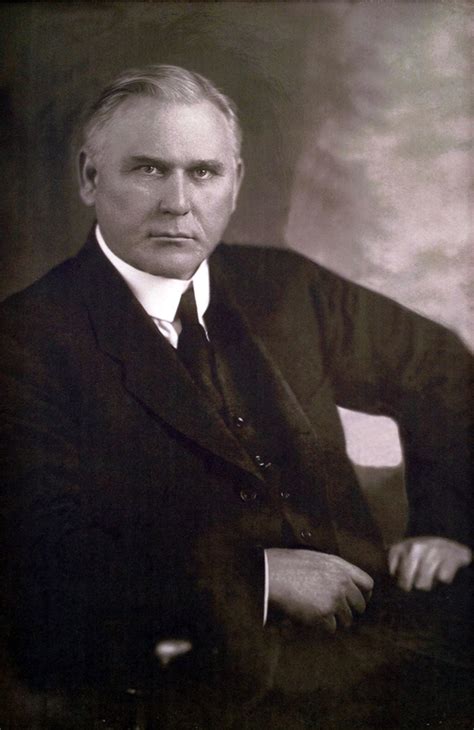A Quote by James Russell Lowell
Where Church and State are habitually associated, it is natural that minds, even of a high order, should unconsciously come to regard religion as only a subtler mode of police.
Related Quotes
The First Amendment...does not say that in every respect there shall be a separation of Church and State....Otherwise the state and religion would be aliens to each other - hostile, suspicious, and even unfriendly....The state may not establish a 'religion of secularism' in the sense of affirmatively opposing or showing hostility to religion, thus preferring those who believe in no religion over those who do believe.
As you know, the separation of church and state is not subject to discussion or alteration. Under our Constitution no church or religion can be supported by the U.S. Government. We maintain freedom of religion so that an American can either worship in the church of his choice or choose to go to no church at all.
The separation of church and state is necessary partly because if religion is good then the state shouldn't interfere with the religious vision or with the religious prophet. There must be a realm of truth beyond political competence, that's why there must be a separation of churches, but if religion is bad and a bad religion is one that gives an ultimate sanctity to some particular cause. Then religion mustn't interfere with the state - so one of the basic Democratic principles as we know it in America is the separation of church and state.
I have always felt that many Christians, deeply sincere Christians, support the idea of separation of State and Church and the secularist in that sense as well. They believe that religion should be very much a private affair and should not be given special treatment. The State should not fund churches for example.
Today the separation of church and state is America is used to silence the church... The way the concept is used today is totally reversed from the original intent... It is used today as a false political dictum in order to restrict the influence of Christian ideas... To have suggested the state separated from religion and religious influence would have amazed the Founding Fathers.
Constantine, the Emperor, saw something in the religion of Christ's people which awakened his interest, and now we see him uniting religion to the state and marching up the marble steps of the Emperor's palace, with the church robed in purple. Thus and there was begun the most baneful misalliance that ever fettered and cursed a suffering world... When ... Constantine crowned the union of church and state, the church was stamped with the spirit of the Caesars.


